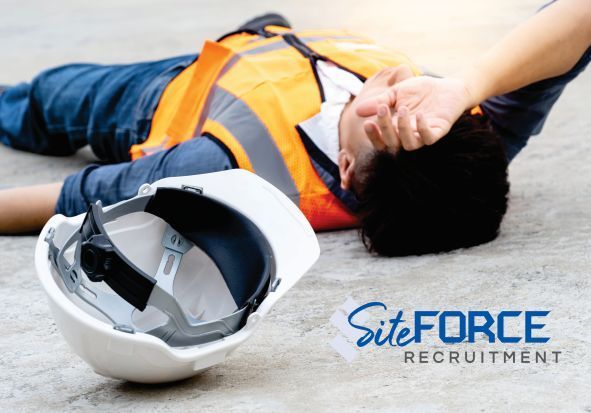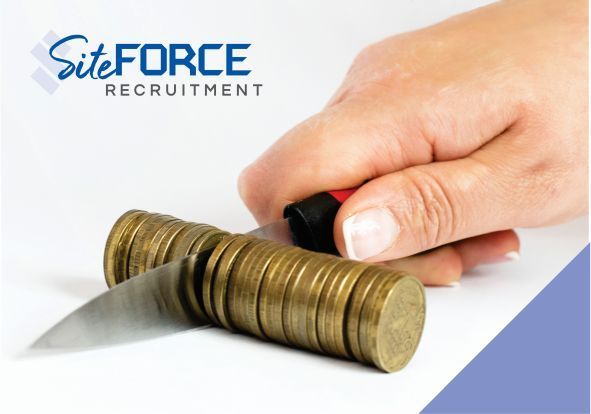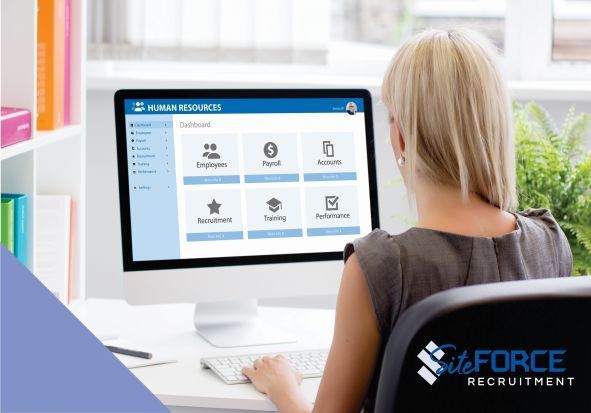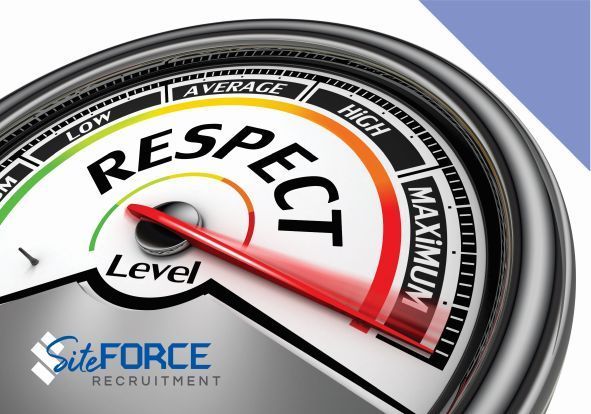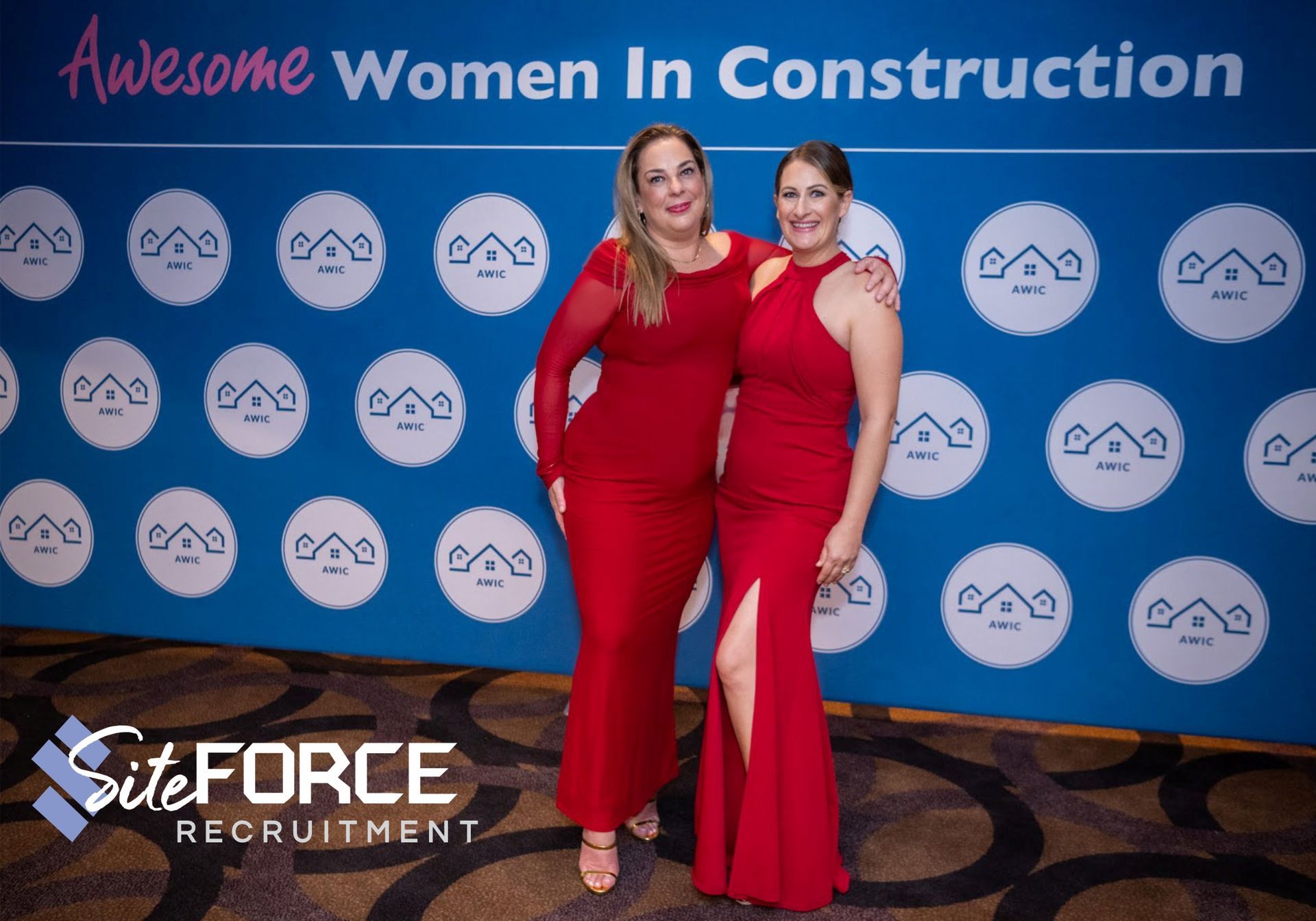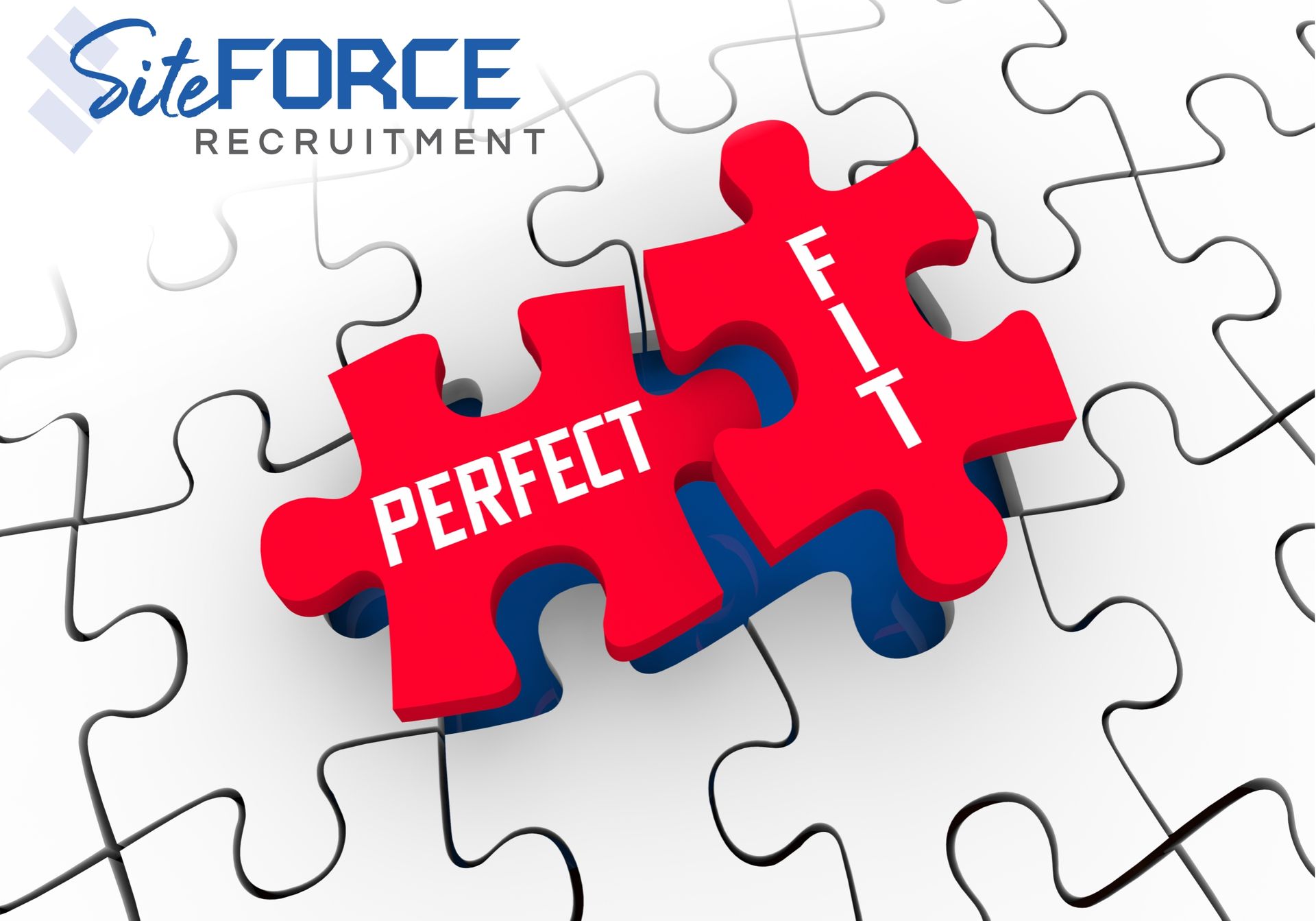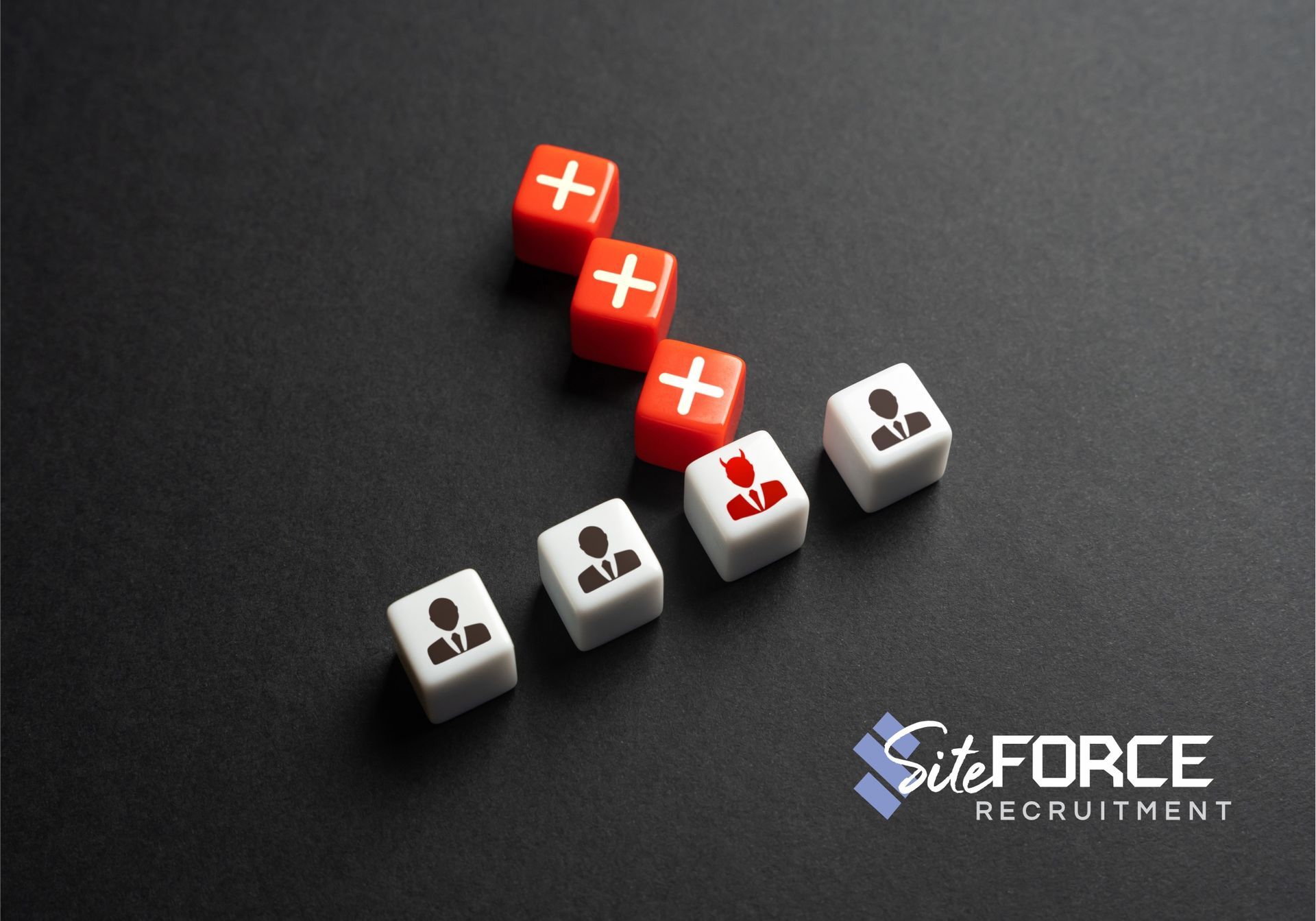From Pie to Plank
Your Physical Wellbeing, Mental Health and Workability
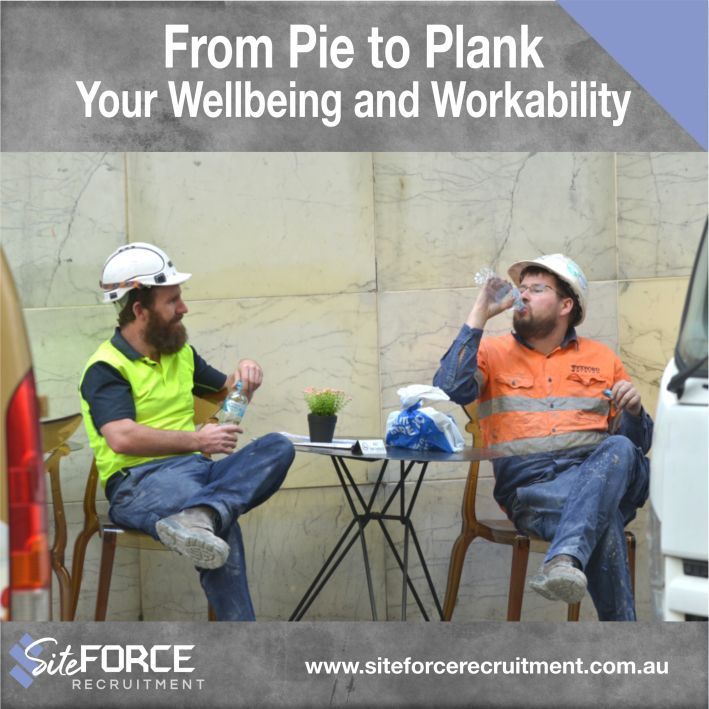
What is your tendency – do you reach for a pie at the break, or do you think about how many planks you can do tonight at the gym? Each mindset will give vastly different outcomes for your workability.
We know, we all know that guy that was a dynamo at 62, still chain smoking, out beating most workers with the energy of a 16 year old. But for most of us, we don’t have those genetics or luck, or combination.
If these making healthy choices affect your workability, it’s important, then, that we view the health and wellbeing of workers on the same priority level as safety policies and procedures, and this article is designed to give you a few tips of where you, or others you may mentor or influence, may be able to ‘shore-up’ their workability and their future.
RMIT University recently investigated the interaction between bodily ability, pain, mental health and work ability among manual construction workers.
The research revealed that work demands associated with manual construction work produce pain, injury and poor mental health which can decrease the workers resources, thereby leading to a decrease in work ability. They suggest that results generally increase with age.
Worksafe report that construction workers, when compared to other industries, have higher rates of smoking and alcohol consumption. They also have higher rates of overweight/obesity than the national average. There is clear evidence the general physical and psychological health of a workforce has a direct impact on work health, safety and wellbeing contributing to reduced productivity, higher injury claims and absenteeism.
Smoking is still the leading cause of illness and disease in Queensland and workers who smoke have a 38 per cent higher risk of injury than those who have never smoked. Poor nutrition is the second leading cause of illness and disease. It contributes to overweight and obesity which is the third leading cause.
Obesity puts workers at increased risk of injury and they can take longer to rehabilitate than their healthy weight counterparts. Obesity is also a risk factor for sleep apnoea and musculoskeletal disorders, both health and safety issues.
Research shows using an integrated approach to address these risk factors will enhance worker health and prevent injuries and illness. People who are regularly exposed to hazardous working conditions, physically demanding tasks, high levels of stress and long working hours are more likely to smoke, consume too much alcohol, have low levels of physical activity and poor nutrition.
Embedding health and wellbeing into your life is therefore a key to employment, but also, an enjoyable life. So if you are employed in the industry, what can you do to keep fit and healthy – in mind and body? Here are ten tips to take you down the right path:-
Healthy Eating
Tempted to grab a pie at breaks or lunch? Reach for a coke instead of a Vitamin B drink? Although they are quick and easy, the important of meal planning to fill your nutritional needs with each meal will serve you better. Packing a healthy lunch that keeps you full and provides energy to finish the shift will keep not only your body fit and ready but also your mind. Include nuts and easily consumed fruits and vegetables such as apples, bananas and carrot sticks.
Healthy Exercise
We know, most crews on site get a lot of exercise, but some simply don’t, or use the same set of muscles every day. Further, if your role requires waiting, sitting or performing repetitive tasks, you might consider including a routine of health exercise in addition to your site activities. Engaging a Personal Trainer will help you to develop a plan that includes a total body workout. Weight training, gym, walking, running, swimming, biking or combination of activities are great ways to keep all of your muscles in shape, prevent injuries and reduce stress.
Quit Smoking
We’re not the smoking police, but one common health problem construction workers face is the difficult process of quitting smoking. Nicotine addition can cause extreme harm, show you down and reduce your ability to keep up especially as you age. We know it’s not easy, but consider online resources from the many credible organisations that will give you insights to guide you into a healthier lifestyle.
Manage Alcohol
Drinking is quite normal in Australia. It’s not unusual in our industry to pour a beer or alcoholic drink at the end of the day to wind down or take the edge of the hurting bits. This makes it difficult to know when you’re overdoing it. The current Australian Guidelines indicate that healthy adults should drink:
· A maximum of 10 standard drinks (10g of alcohol) a week to cut the lifetime risk of harm from alcohol-related disease or injury;
· A maximum of 4 standard drinks on any one day to reduce the risk of alcohol-related injury.
Some people struggle to limit the amount they drink. Others find it hard to go even a day without drinking. Low-level dependence like this can gradually increase over time until alcohol becomes a serious problem. The fallout can be health, relationship, or financial issues.
Signs that you may have a problem with your drinking:
· You are drinking more than is recommended in the Australian Guidelines.
· Alcohol is affecting your physical or mental health.
· Your drinking is interfering with your relationships or job.
· You experience physical symptoms such as shaking, sweating, anxiety or vomiting when you don't have a drink.
· You or others have been injured because of your drinking.
· You or others are worried about how much you drink.
· You need to drink more to feel the same effects.
· You crave alcohol.
· You need to drink first thing in the morning to get yourself going.
· You don't feel in control of your drinking — you can't cut down or stop even if you want to.
If you or someone you know needs support or help with their drinking, you can contact:
· Your doctor
· Your local community health service
· The Drinkwise Australia website; or
· The Alcohol Anonymous (AA) Australia website or call 1300 222 222.
Manage Tiredness, Stress and Mental Health
The very nature of our industry is relentless, with stress the normal day in and day out, largely driven by the pressure of working on small margins. An ideal stress-free workplace may not be realistic or economically viable in the high stress world of construction, but a focus on the stressors that can reasonably be targeted and reduced can have a beneficial impact for everyone.
While people can cope generally with short periods of stress, it’s the relentlessness that can grind you down over time. A culture on site that has early starts and late finishes is still seen as the mark of a good worker. In reality, doing these long days reduces the ability to be productive.
The rates of heightened stress, burnout, poor mental health and anxiety in our industry are higher compared to the general population according to research.
Head over to our article “Wired & Over-Tired” to see a full article on managing stress and mental health and some brilliant tips for dealing with prolonged stress:
https://www.siteforcerecruitment.com.au/wired-over-tired
Health Plans and Health Insurance
Why? Well because life has ups, downs and up agains. We wish everyone a health and productive life, but sometimes that isn’t the case. Injuries at work are covered by Workers Compensation insurance, but what happens if somethings happens to you through outside sickness or injury. We have no affiliation with any health insurance provided, and ask you to do your own research to find the right cover for you.
The benefits of having your own health plans and insurance are:
· You are covered outside of work;
· You avoid waiting longer on planned surgery;
· Your ‘downtime’ when you get surgery sooner is not as long or stressful;
· Reduce costs when life happens
· You save on the extra plans they offer
· You can pay less tax
· Avoid or minimise the Lifetime Health Cover Loading
· Some providers offer member discounts, exclusive health programs and member rewards.
Related articles:
5 Tips To Attract the Dream Job in 2023
Learn 6 Soft Skills To Succeed At Work & Life
SiteForce Recruitment specialise in labour-hire and permanent recruitment in the construction industry. We are committed to valuing people, safety and well-being, collaboration, trust and of course – results!
CONNECT with us via our contact page or bookings links on our website if you are looking to recruit for, get your dream job, or join our amazing labour force team.
#siteforcerecruitment #recruitment #labourhire #brisbanejobs


